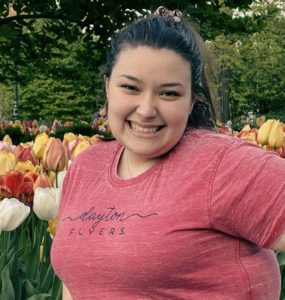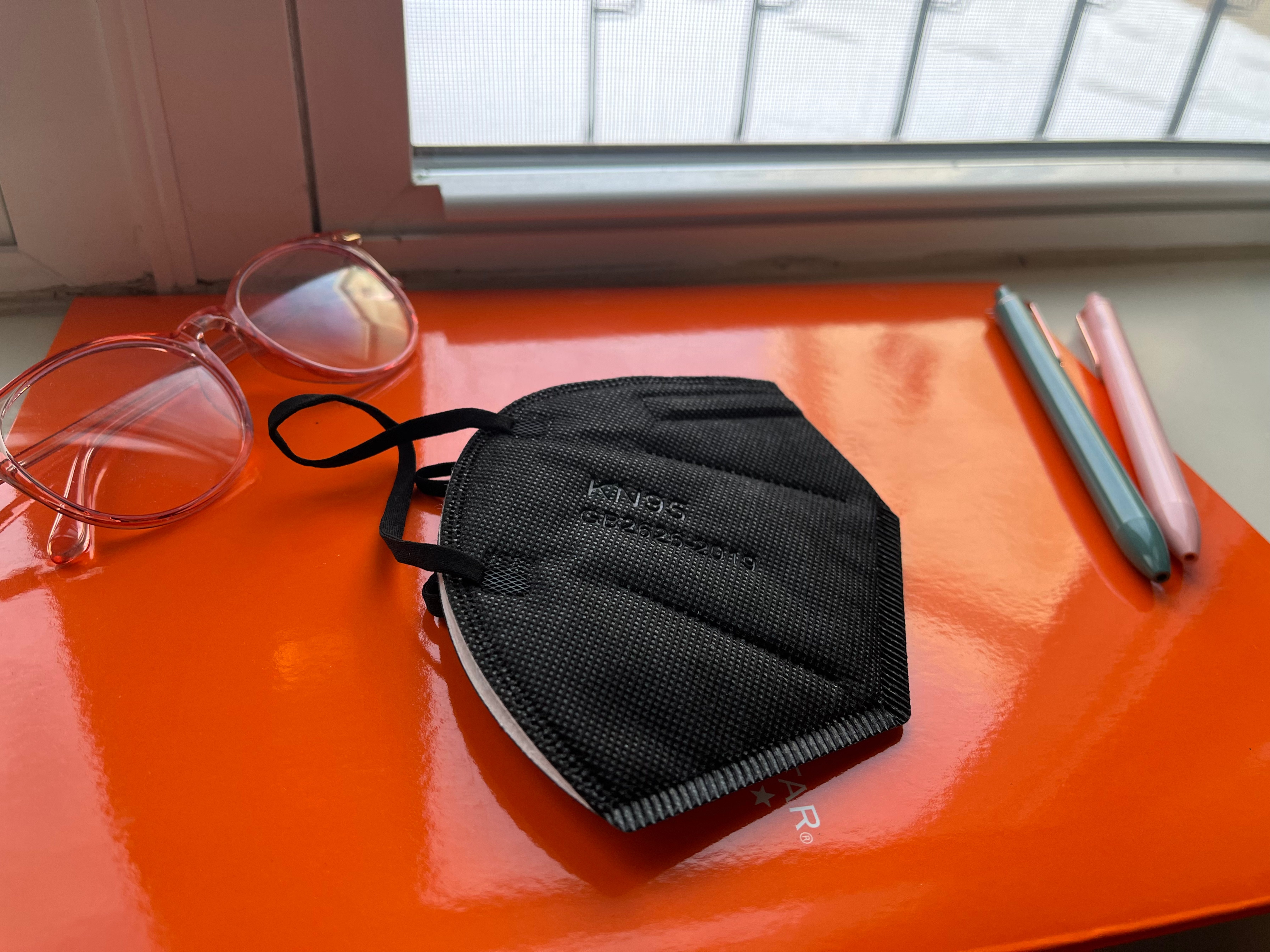KN95 masks: What they are and where to find them
What makes KN95 different from the rest? Photo of a KN95 respirator courtesy of Zoë Hill.

Zoë Hill | News Editor
Speculation surrounding new recommendations from the Centers for Disease Control and Prevention along with the surge of the Omicron variant brought about concerns on mask safety.
The effectiveness of cloth masks has been questioned in recent weeks, prompting some institutions to recommend stronger protection to combat the highly-contagious COVID-19 variant. The CDC was reported to be considering changing its masking guidelines to recommend people wear Kn95 masks, but the agency decided against the change.
“CDC continues to recommend that any mask is better than no mask and we do encourage all Americans to wear a well-fitting mask to protect themselves and prevent the spread of COVID-19,” CDC Director Dr. Rochelle Walensky said at a White House briefing last week.
The CDC officially amended its masking guidelines Friday to clarify that people should “wear the most protective mask you can that fits well.” The update also noted that some types of masks are better at protecting users from COVID-19, and it specifically named the KN95 and N95 as offering greater protection.
The University of Dayton officially recommended stronger masks in a statement to students, faculty and staff at the start of the spring semester.
“The University’s preferred face covering is a KN95 or Fluidshield Level 3 medical mask,” the statement said.
At a virtual town hall held on January 10, the Path Forward Team discussed the KN95 masks saying that UD is not mandating the medical-grade masks but are “strongly, strongly encouraging it.”
KN95 masks have reached an all-time high in Google searches for the week of January 9-15, indicating people’s desire to learn more about the mask and where to get it.
KN95 vs. N95 masks
Currently, few mask types are available to offer the highest level of protection against COVID-19 and its variants. The CDC recognizes the N95 and KN95 respirators as the highest form of protection.
Surgical N95 masks are regulated by a division of the CDC called the National Institute for Occupational Safety and Health. The CDC recommends that these types of masks are only used by health care personnel and are not intended to be used outside of that setting. Standard N95 masks are authorized for the general public and block 95% of particles, according to the CDC.
The KN95 is more widely available according to the CDC and also blocks 95% of particles. These masks are manufactured in China and meet the Chinese standard of protection rather than the NIOSH’s.
Both masks were initially reserved only for healthcare workers, but the CDC has reassured there is no longer a shortage.
Where to find a KN95
The university is currently handing out KN95 and Fluidshield Level 3 masks all around campus. Students can pick up the masks at the front desks of residence halls, the main desk at the RecPlex, the information desk at Kennedy Union, the bookstore, the student health center and the Premier After Hours Urgent Care above the bookstore.
Vital considerations for consumers if they chose to buy masks online are the authenticity of the seller and the effectiveness of the mask. Counterfeit mask sellers have popped up throughout the pandemic to fill the supply shortages. The CDC found that nearly 60% of KN95 masks evaluated by NIOSH during 2020 and 2021 turned out to be counterfeit and did not meet the agency’s safety standards.
Masks sold by expert-backed distributers asks can be found online at:
- Bona Fide Masks: White Powecom® KN95 Respirator Face Mask; $12 for 10 masks
- Project N95: Foldable DG3101 KN95 Mask; $39.95 for 50 masks
- Vida: FDA Listed Adult Mask with KN95 Protection; $25 for 10 masks
Select hardware stores including Lowes and Home Depot also carry KN95 and N95 respirators. Other retailers include WellBefore and Armbrust USA, but both are currently sold out of KN95 respirators.
The CDC has a comprehensive list of guidelines detailing how to spot a counterfeit respirator that can be found here.
For more campus news like Flyer News on Facebook and follow us on Twitter (@FlyerNews) and Instagram (@flyernews).

